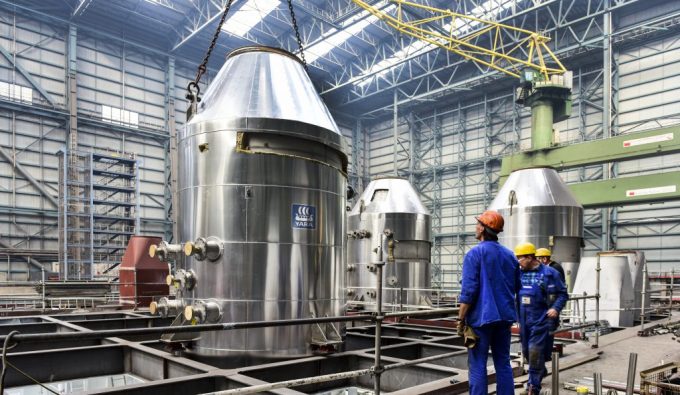Asia-Europe carriers revise FAK rates in fight to rein in revenue erosion
While container spot rates on the transpacific are falling steadily week on week, the decline ...

The decision by shipowners to invest in retrofitting their vessels with scrubber systems in order to comply with IMO 2020 appears to have been vindicated, according to Alphaliner.
The spread between the cost of heavy fuel oil (HFO), currently consumed by ships in most of the world’s sea lanes, and the 0.5% low-sulphur fuel oil (LSFO), that will be burned by the majority of vessels for compliance with IMO 2020 is becoming clearer, said the consultant.
According to data compiled by Alphaliner, for bunkering at Singapore and Rotterdam the initial premium for LSFO ranged from $100-$150 a ton in July, compared to the IFO 380 HFO consumed by most ships.
However, the spread increased to over $200 per ton this month as the price drop in HFO did not immediately reflect the slump in the price of oil, which resulted in a circa $100 per ton drop in the current standard bunker fuel.
“Current price spreads, if they can be sustained, vindicate some owners’ decisions to install scrubbers on their vessels and thus allow ships fitted with such exhaust gas cleaning systems to continue using cheaper HFO after January 2020,” said Alphaliner.
The consultant’s data shows that 57 container vessels have already been fitted with scrubber systems and a further 38 units are undergoing installation at various shipyards around the world. In addition, 44 newbuild containerships, the majority ultra-large vessels, have already been delivered with scrubbers installed.
It has been calculated that scrubbers could potentially save container lines some $2m per Asia-North Europe roundtrip voyage.
It follows that if the current spread between HFO and LSFO were to continue through 2020 and beyond the $5m-$10m investment for the retrofit scrubber installations and the extra cost for newbuilds would quickly be returned.
Comment on this article